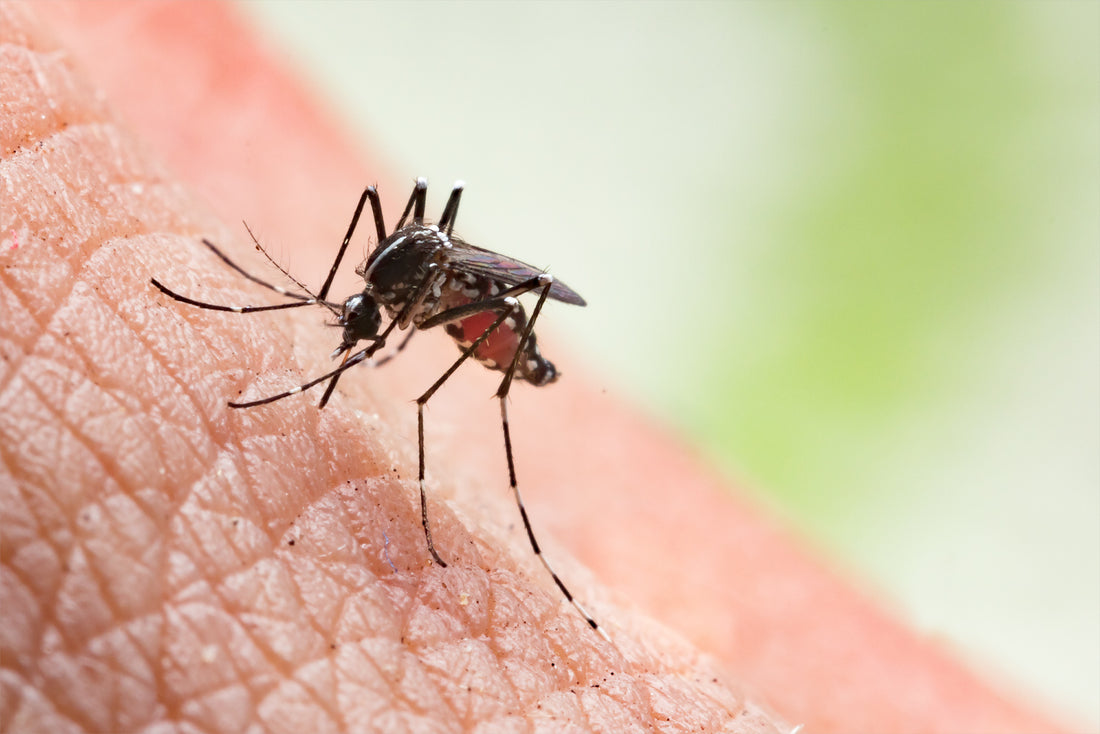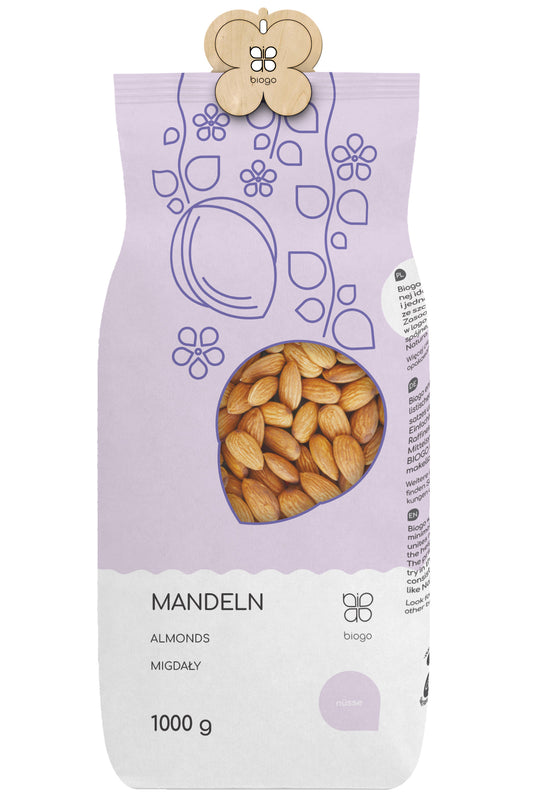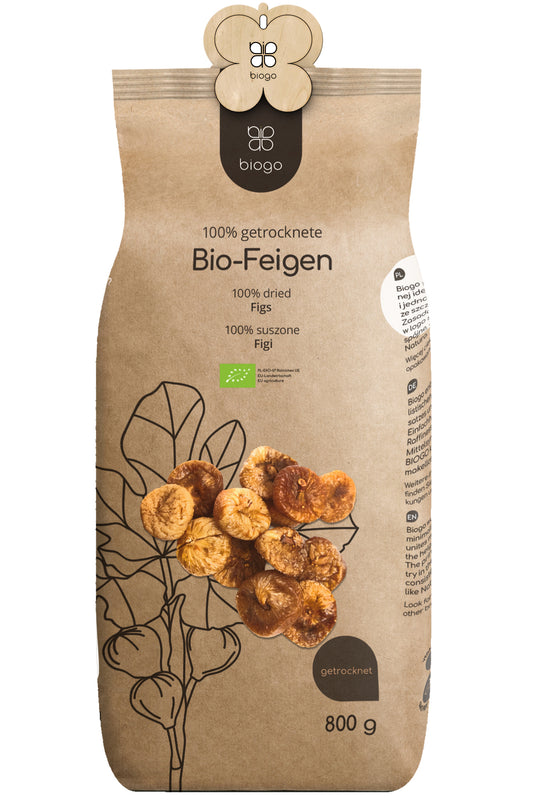Which natural essential oils are effective against mosquitoes and ticks?
- Which natural essential oils do insects not like?
- How do I prepare insect repellent at home?
- Insect repellent spray
- Precautions when using homemade repellents
After long winter months, the long-awaited spring has finally arrived, and with it the thought of the upcoming holidays. Unfortunately, spring and summer, in addition to long, warm, sunny days, are also the time when pesky mosquitoes begin to bother us and we think about the danger that comes with catching a tick. You can find a comprehensive range of mosquito and tick repellents on the market, including those based on natural essential oils. Unlike chemical repellents, preparations made from natural essential oils are safe for our health and the environment. Here are some suggestions for effective homemade mosquito and tick repellents.
Which natural essential oils do insects not like?
Insect bites are extremely unpleasant. They cause sore or itchy blisters, redness, swelling, and skin irritation. Some of them contribute to the development of very serious diseases, such as Lyme disease or tick-borne encephalitis. It's really worth ensuring effective protection against mosquitoes, black flies, and ticks. Protection against the latter insects, which often transmit dangerous diseases, is especially important. The tick population and range are growing steadily from year to year. Protecting yourself against them doesn't have to be difficult, and natural essential oils are among the most effective substances for repelling insects. What smells do mosquitoes and ticks not tolerate? It turns out there are quite a few, mainly oils:
- Mint,
- eucalyptus
- Lavender,
- Patchouli ,
- Rosemary,
- Sage,
- Geranium ,
- Basil,
- Thyme,
- Lemon balm ,
- Cedar,
- lemons,
- Lemongrass,
- fennel ,
- Carnations,
- Tea tree,
The following oils have the strongest effect on mosquitoes: patchouli, lavender, peppermint, lemon, citronella, eucalyptus, while on ticks: tea tree, geranium, lavender, and cedar oil.
How do I prepare insect repellent at home?
It's important to note that essential oils should not be applied directly to the skin. Therefore, to make a homemade repellent, you'll need a base oil and selected essential oils. The base oil can be any oil, including rapeseed, grapeseed, coconut, jojoba , or sweet almond. The effectiveness of the remedy increases if we use more than one essential oil. You can successfully use a combination of three or even five oils. Add a total of 10-20 drops of selected essential oils to two tablespoons of base oil. For example, it could be a combination of lemongrass , eucalyptus, and geranium oils, or basil, lavender, and peppermint oils. The finished repellent is applied to the skin about half an hour before leaving the house.
Insect repellent spray
To prepare it, you'll need a spray bottle filled with about a glass of water and 20 drops of essential oil. The mist can be sprayed onto the body, clothing, or even bedding, as well as other surfaces. The spray can also be used to protect pets, which are particularly susceptible to tick bites.
Precautions when using homemade repellents
Although natural essential oils are safer to use than chemical substances, there are some important points to consider when choosing. Not all essential oils, such as geranium oil, are safe for use on children, and testing is required before first use to ensure the child is not allergic. Essential oils are highly concentrated and should never be used undiluted (exception: tea tree oil ).
Insects are attracted to the smell of sweat, as well as perfumes and strongly scented cosmetics. To increase protection against bites, you must pay attention to hygiene and temporarily limit the use of products with floral and fruity scents. A mosquito or tick bite is not pleasant. Mosquito blisters itch, and a tick bite can cause swelling, redness, and unpleasant health consequences, of which Lyme disease is the most serious. Lyme disease is often difficult to diagnose and treat. That's why simple, preventative protection in the form of natural repellents is so important.
THE PUBLISHER'S CHOICE
Dried dates 1 kg BIOGO
- £4.00
£5.00- £4.00
- Unit price
- / per
Almonds 1 kg BIOGO
- £11.00
£13.00- £11.00
- Unit price
- / per
Peeled sunflower seeds 1 kg BIOGO
- £3.00
£4.00- £3.00
- Unit price
- / per
Dried organic mango 400 g BIOGO
- £10.00
- £10.00
- Unit price
- / per
Dried White Mulberries 500 g ORGANIC
- £6.00
£7.00- £6.00
- Unit price
- / per
Popcorn (corn kernels) organic 1 kg BIOGO
- £6.00
- £6.00
- Unit price
- / per
Organic Ground Turmeric 500 g BIOGO
- £6.00
- £6.00
- Unit price
- / per
Milk thistle seeds 1 kg BIOGO
- £4.00
- £4.00
- Unit price
- / per
Dried organic figs 800 g BIOGO
- £27.00
- £27.00
- Unit price
- / per
Bag #changezbiogo Cotton v.2
- £3.00
- £3.00
- Unit price
- / per






































































































































